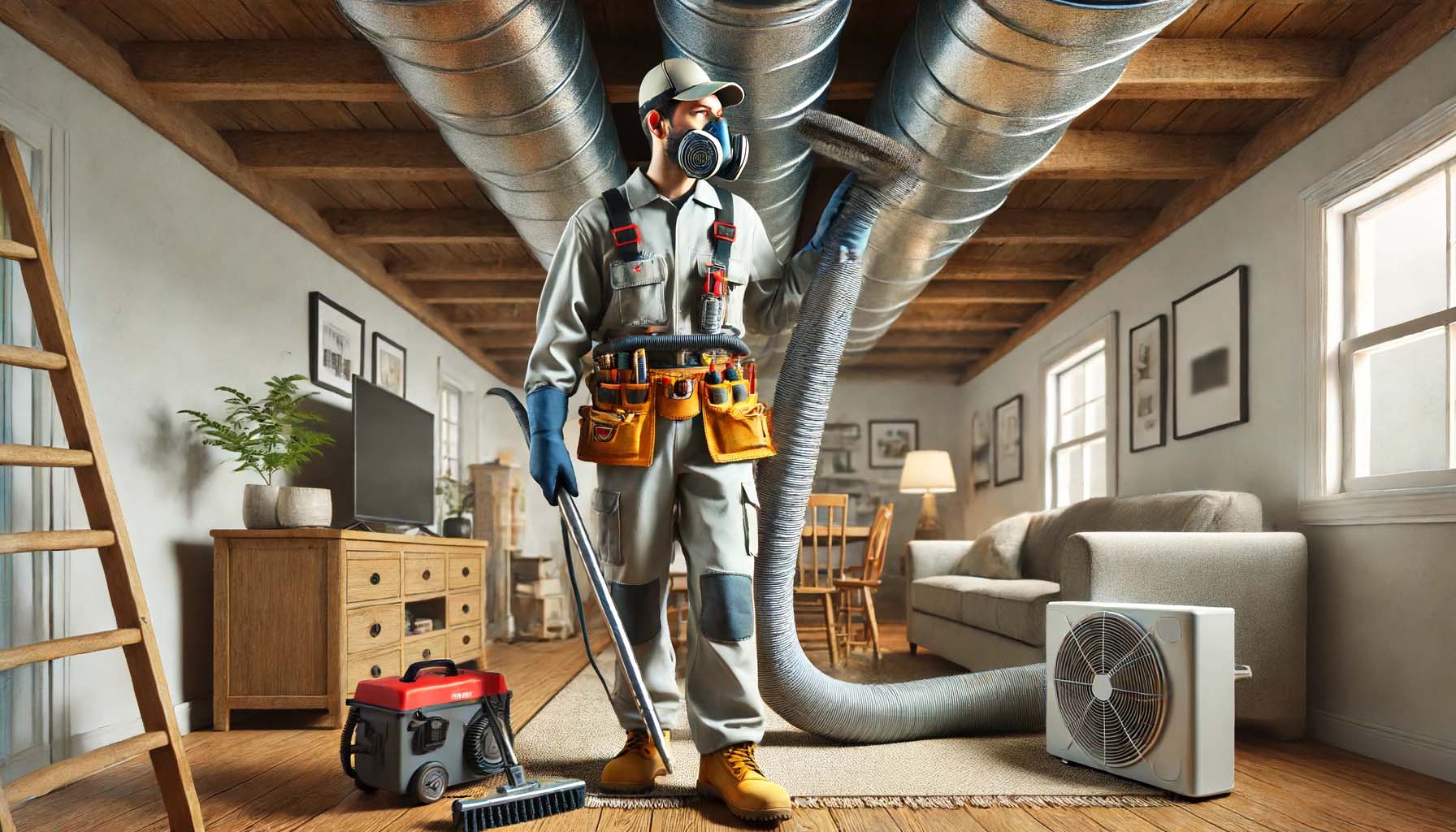Homeowners and business owners often ask, ‘Why is my HVAC system freezing up?’ This is a common question, especially during extreme weather conditions when the HVAC system is heavily relied upon. The good news is, with a bit of knowledge and timely intervention, this issue can be effectively managed.

Introduction to HVAC Systems
HVAC systems, short for Heating, Ventilation, and Air Conditioning systems, are essential for maintaining comfortable indoor environments. They work by regulating temperature, humidity, and air quality. However, when these systems malfunction, they can cause significant inconvenience.
What Causes an HVAC System to Freeze?
Poor Airflow
Poor airflow is one of the most common reasons for an HVAC system freezing up. When airflow is restricted, the evaporator coil can become too cold and freeze. This can be caused by dirty filters, blocked vents, or a malfunctioning blower motor.
Low Refrigerant Levels
Another common cause is low refrigerant levels. Refrigerant is essential for the cooling process. If there is a leak or the levels are insufficient, the pressure in the system drops, causing the evaporator coil to freeze.
Thermostat Issues
An incorrectly set or faulty thermostat can also lead to freezing issues. If the thermostat is not reading the temperature accurately, it can cause the system to overwork and freeze.
Dirty Coils
Dirt and debris on the evaporator coils can also lead to freezing. When the coils are dirty, they cannot effectively absorb heat, leading to a build-up of ice.
How to Prevent Your HVAC System from Freezing
Regular Maintenance
One of the best ways to prevent freezing is through regular maintenance. This includes cleaning or replacing air filters, ensuring vents are not blocked, and having a professional inspect the system annually.
Check Refrigerant Levels
Regularly checking and maintaining refrigerant levels can help prevent freezing. A professional should handle this as refrigerants can be hazardous.
Proper Thermostat Use
Ensure your thermostat is set correctly and functioning properly. It should be in a location where it can accurately read the room temperature.
Keep Coils Clean
Keeping the evaporator coils clean is crucial. This can be part of regular maintenance or done specifically if you notice any build-up. You can check your system for more tips.
Signs That Your HVAC System is Freezing
Lack of Cooling
If your system is running but not cooling, it could be due to freezing.
Visible Ice
Ice build-up on the outdoor unit or visible ice around the evaporator coil can indicate freezing.
Strange Noises
If you hear unusual sounds from your HVAC system, it might be because the system is freezing.
Immediate Steps to Take When Your HVAC System Freezes
Turn Off the System
Switch off the system to prevent further damage.
Check for Blockages
Inspect the vents and filters for any blockages.
Contact a Professional
If the problem persists, it’s best to call in a professional to diagnose and fix the issue. You can find more on cleaning methods here.
Why Regular Maintenance is Crucial
Regular maintenance can prevent most of the issues that cause your HVAC system to freeze up. It helps in identifying potential problems early and keeps your system running efficiently.
Frequently Asked Questions
How often should I replace my HVAC filters?
It is recommended to replace your HVAC filters every 1-3 months, depending on usage and the type of filter.
Can I fix a frozen HVAC system myself?
While you can take some initial steps like turning off the system and checking for blockages, it is advisabl e to contact a professional for proper diagnosis and repair.
e to contact a professional for proper diagnosis and repair.
What costs are involved in HVAC maintenance?
The costs can vary, but regular maintenance is generally affordable and can save you money on expensive repairs in the long run.
Conclusion
Understanding ‘Why is my HVAC system freezing up?’ is the first step in addressing this common issue. Regular maintenance, proper airflow, and keeping an eye on refrigerant levels can prevent most freezing problems. If the issue persists, it’s always best to consult with a professional.
For more detailed information, you can read here.